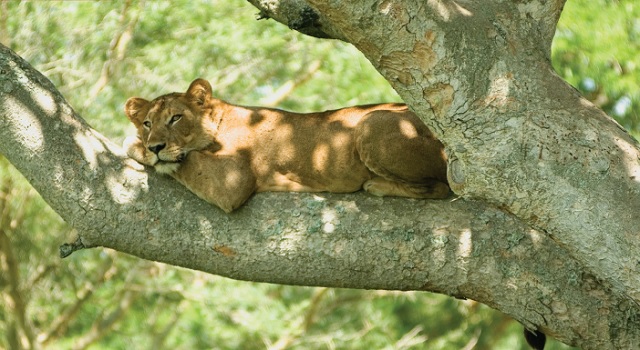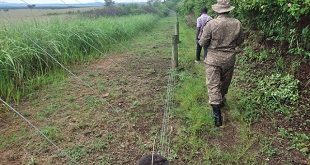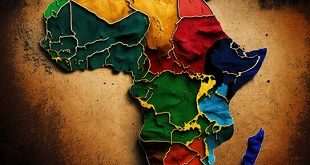
Duli recalled how, during the celebrations, President Yoweri Museveni had urged the pastoralist communities to stop poisoning the big cats, particularly the lions.
“For this incident to happen just weeks is very sad and disappointing,” he told The Independent on April 19.
Duli told The Independent that lions are one of the most iconic wildlife species for Uganda’s tourism sector because every tourist who comes to Uganda would like to see a lion.
“Lions are not very easy to see; they are very solitary animals and they are territorial and they hunt at night. So to be associated with a lion is the best experience a tourist can get while on safari.”
“They are the kings of the jungle because wherever they are, there is order. That makes them very attractive.”
“They are also culturally important and that is why kings in Africa want to associate with them because they are a sign of courage, strength and dominion—something which is a very strong culture in Africa.”
“That is why when you see the threat they are facing because of the growing human-wildlife conflict, they could easily get extinct. So they must be protected at all costs.”
Living on the frontline
At 1978 sq km, Oueen Elizabeth National Park is the biggest park in Uganda and attracts thousands of tourists every year. According to UWA estimates, it is home to about 120 lions. But it is geographically connected to the Virunga National Park in the Democratic Republic of Congo and earlier studies estimated that between them, they had a population of about 200 lions.
Conservationists estimate that the two parks can support up to 900 lions if the lion prey are conserved to ensure ample food. For now, however, the lion population is declining fast; in the DR Congo because of poaching and in Uganda; because of food scarcity and retaliatory attacks such as the recent one.
It is not for nothing that human settlements living next to wild animals in or near game parks are called “frontline communities” in the technical jargon of conservationists. It is recognition of the grim reality that man and beast are often at war here.
Animal attacks, retaliatory human attacks, and poaching, are a sad reality. The people in these communities and conservationists understand that. And pressure mounts on UWA and the government to forge a sustainable co-existence that protects both humans and the animals.
Bashir Hangi, UWA’s communications officer told The Independent that members of the Hamukungu community appeared saddened by the lion deaths. But they also spoke about their fear of the lions and other wild animal attacks when the Minister of Tourism, Wildlife and Antiquities, Prof. Ephraim Kamuntu, spoke to them at a baraza on April 13.
“One of the concerns raised by the community is that UWA rangers are not present in the communities and when the people come in contact with the wildlife, it takes time for UWA to respond,” Hangi said.
 The Independent Uganda: You get the Truth we Pay the Price
The Independent Uganda: You get the Truth we Pay the Price




If UWA could compensate every damage within 6 days, there could be no conflict between man and beast. The UWA wants to eat a cake and still have it. All revenue from tourism in the park should be used to maintain the park and to pay for damages done by wildlife. Failure to pay for losses incurred means the farmer is left with no other option except to revenge.
In conclusion, these cats were killed by government.